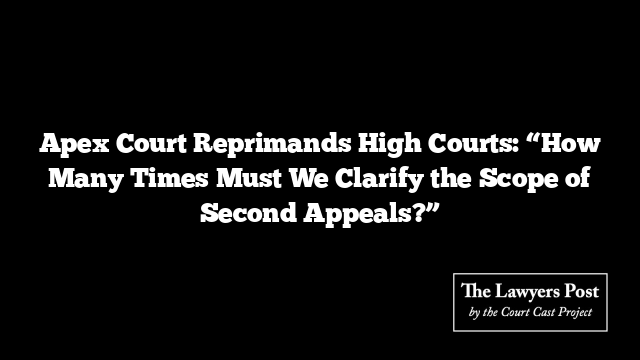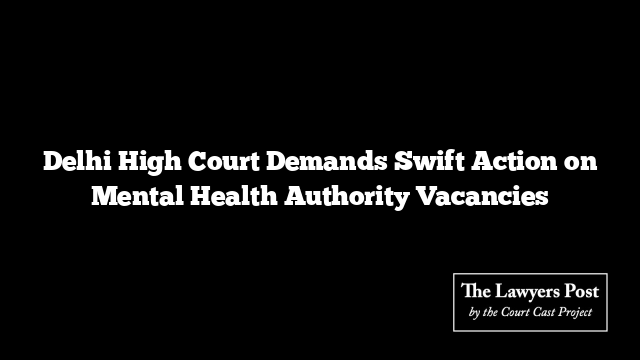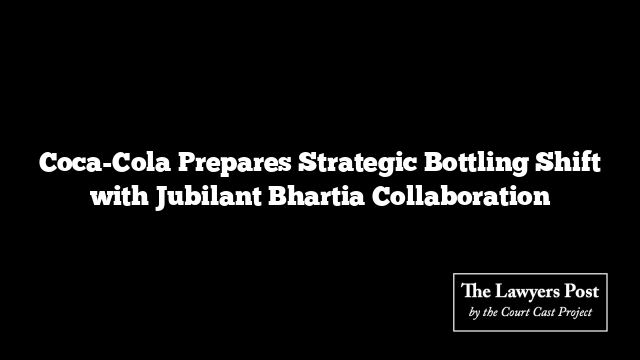In a sharp critique, the Supreme Court expressed its frustration over repeated misinterpretations of Section 100 of the Code of Civil Procedure, 1908 (CPC), by High Courts. The case, Jaichand (Dead) Through LRs & Ors. v. Sahnulal & Anr., served as the latest instance prompting the top court’s rebuke.
A Bench of Justices JB Pardiwala and R Mahadevan overturned a 2021 Chhattisgarh High Court ruling, highlighting glaring errors in the framing of a ‘substantial question of law.’ The judges noted that the question lacked even the rudimentary elements of a legal query.
“How many times must we explain the scope of a second appeal under Section 100 of the CPC? The casual and callous approach in such cases is disappointing,” the Bench remarked.
The court reiterated the established principle: High Courts, in second appeals, should generally adhere to the findings of fact made by first appellate courts. Exceptions arise only when legal mandates are violated, precedent is disregarded, or reliance is placed on inadmissible evidence.
Dispute Over Land Sale Agreement
The case centered on a 1996 land sale agreement involving 0.238 hectares. The plaintiffs claimed the defendants, heirs of the original landowner, breached the contract despite receiving an earnest payment. When the sale deed remained unexecuted, the plaintiffs filed suit in 2003.
The trial court sided with the plaintiffs, ordering the execution of the sale deed. However, the first appellate court reversed this decision, citing delays by the plaintiffs that cast doubt on their commitment to the contract. Instead, it directed the defendants to refund the earnest money.
The Chhattisgarh High Court, in a second appeal, reinstated the trial court’s decision, relying on Section 20 of the Specific Relief Act, 1963. This provision allows courts discretion in granting specific performance but was applied without addressing the first appellate court’s findings on the plaintiffs’ delays.
Supreme Court’s Verdict
The Supreme Court found the High Court’s handling of the case insufficient and dismissed its judgment. It upheld the first appellate court’s decision, emphasizing the plaintiffs’ questionable conduct, including delays in issuing notices and filing the suit. These delays, the court held, undermined their readiness and willingness to fulfill the contract.
Further, the Supreme Court criticized the High Court for focusing on an unsubstantiated claim of hardship to the defendants, which was neither pleaded nor supported by evidence.
Ultimately, the top court ordered the defendants to refund ₹3,50,000—reflecting the property’s current market value—to the plaintiffs within eight weeks, marking a firm stance on the misuse of second appeals.





